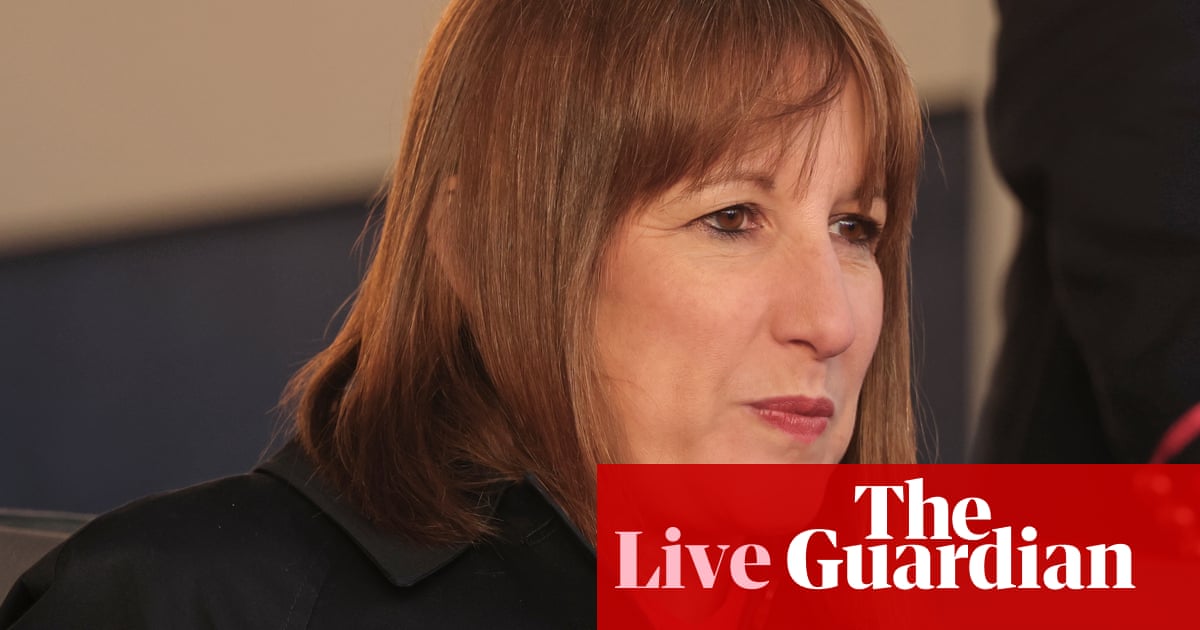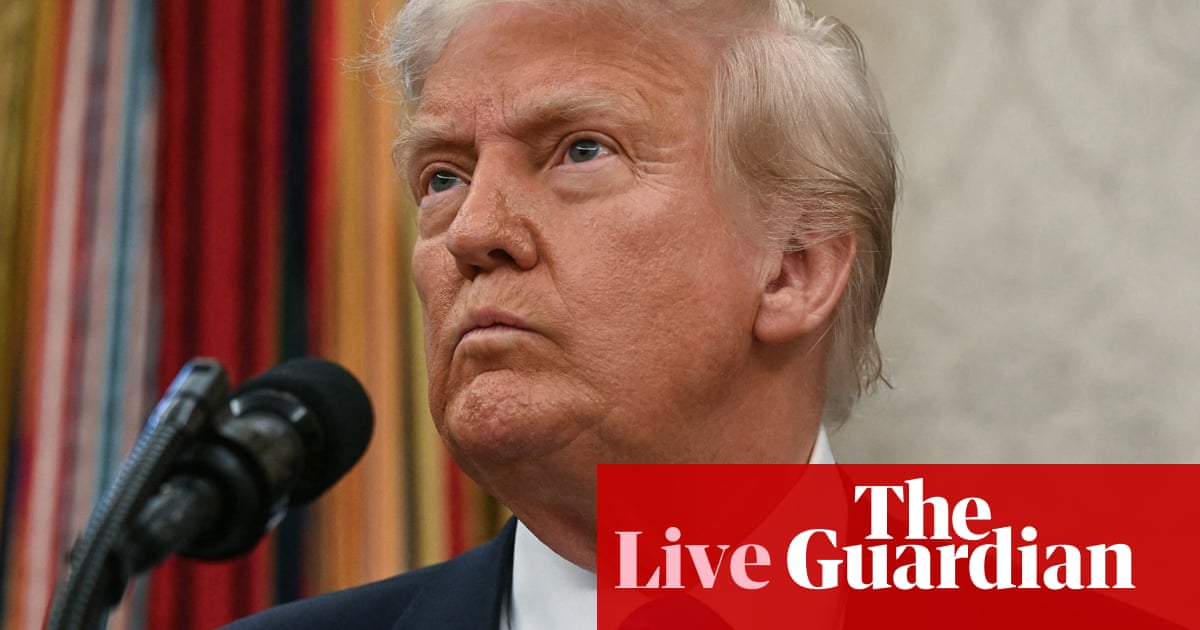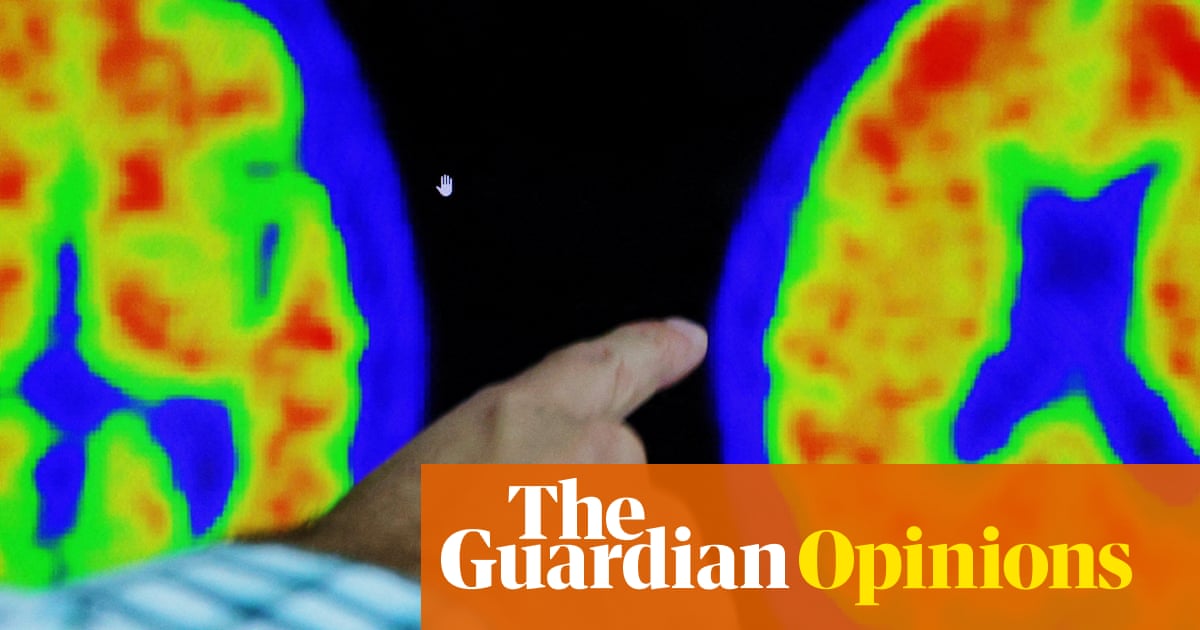Wes Streeting has defended the growing use of the private sector to help tackle long waiting lists for treatment but said providers must “pull their weight” and not take resources away from the NHS.
The health secretary, who has previously said “middle-class lefties” risked putting ideological purity ahead of patient care, said he would be “entirely pragmatic” about using spare capacity in the private sector.
The government announced this week that private hospitals would provide NHS patients in England with as many as 1m extra appointments, scans and operations a year as part of the drive to end the backlog.
“The Tories opened up in this country a two-tier system where those who could afford it would be paying to go private, being seen faster, and those who couldn’t were being left behind,” Streeting said.
“It is a point of principle to me that we end that two-tier system. Where there is spare capacity in the independent sector we will use it. We have agreed that we will work with them, and they will work with us to cut NHS waiting times.”
But he added: “At the same time the independent sector has to pull its weight. It’s got to be genuinely additional capacity.
“I’m entirely pragmatic about this … The independent healthcare sector isn’t going anywhere, and it can help us out of the hole we’re in. We would be mad not to.”
But the Centre for Health and the Public Interest, which tracks NHS privatisation, said Streeting was talking “utter nonsense” about the private sector providing extra capacity because almost all the doctors it uses to perform operations are NHS staff.
“Put simply, private hospitals are unable to deliver any operations without using NHS consultant surgeons or anaesthetists,” it said. “Letting NHS consultants do the easy work in the private sector starves the NHS of both staff and income.”
Streeting, whose department received an extra £22bn at the budget, said he wanted to take a “big bet on tech” at the spending review to help improve productivity in the NHS.
But he added: “NHS staff say we love what you’re saying about AI, genomics, machine learning, but we would be grateful if we could just turn on a machine and it works in the morning.”
As part of the government’s 10-year NHS plan, to be published this spring, Streeting wants to shift focus from sickness to prevention, with the aim of shortening the amount of time people spend chronically unwell.
Streeting said it was still his plan to “steamroll” the food industry into promoting healthier options to tackle the obesity crisis, and he is working with the sector and other Whitehall departments on a plan to be published this year.
He also said weight-loss drugs could not be a “get out of jail card” for people wanting to lose a few stone, and in return patients must improve their diet and exercise. “The evidence is hugely encouraging, but it is complicated and nuanced,” he added.
He suggested the planned shift in healthcare from hospitals to the community would not result in local facilities being shut down. “The reassurance I can offer is that with our growing ageing society, hospitals are here to stay and have an important role to play.”
The NHS’s winter crisis continues to deepen, with more people in hospital being treated for flu and record numbers of long A&E ambulance handover delays.
The intense pressure on the service amid the UK-wide cold snap has led to patients being managed in chairs “all day and all night” and a hospital gym being turned into an overflow ward.
An average of 5,408 people were in hospital in England with flu every day last week – the second highest number since the Covid pandemic and up 21% on the 4,469 seen the week before.
What Streeting called a “tidal wave of flu” also led to more people receiving life-or-death care in intensive care (256) than a week earlier (211).
NHS England’s latest “winter sitreps” data, published on Thursday, showed that 19,554 people were stuck in the back of an ambulance last week for at least an hour before they were handed over to A&E staff because hospitals were so busy. They represented 21% of all handovers, up from 13% the week before.
Doctors are alarmed at chaotic conditions in overcrowded hospitals putting patients at risk. Dr Mashkur Khan of the Royal College of Physicians said: “Our physiotherapy gym has now been taken over for extra bed spaces and the corridors are full to the brim. Patients are often managed in chairs all day and all night.”
Prof Sir Stephen Powis, NHS England’s national medical director, said hospitals were under “exceptional pressure”, with A&E staff so stretched that some were “saying that their days at work feel like some of the days we had during the height of the pandemic”.

 3 months ago
51
3 months ago
51













































